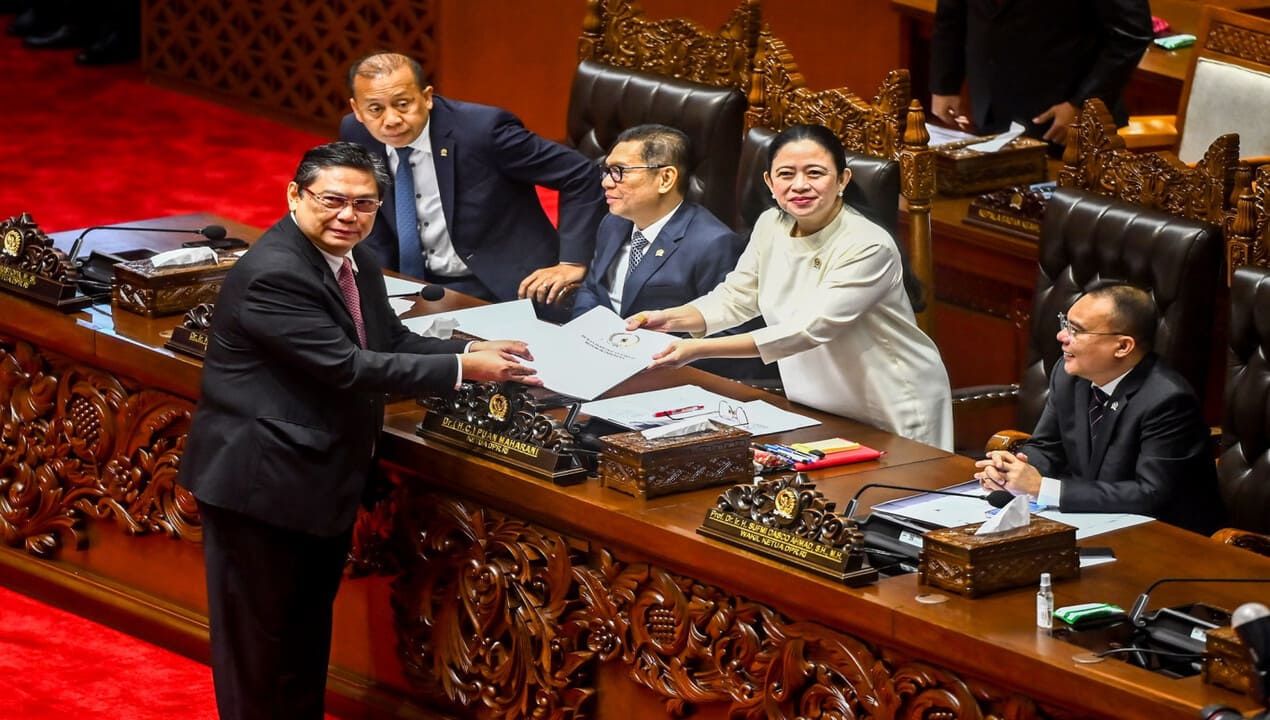
Independent Report – The Deputy Chairperson of the Indonesian Democratic Party of Struggle (PDI-P). Said Abdullah, has expressed reservations about the proposed increase in government financial assistance to political parties. He believes that raising party funds at this time is neither urgent nor prudent, especially given the government’s current efforts to maintain budget efficiency.
Said emphasized that the state’s financial condition remains constrained. The government is actively implementing efficiency measures across various sectors to manage limited resources. In this context, introducing additional funds for political parties could be perceived negatively by the public. He pointed out that increasing the political party assistance fund while the government is striving to tighten its budget would be inappropriate.
“Considering the current state of the nation’s finances, it is not appropriate to suddenly allocate more funds to political parties. The government is focusing on budget efficiency, and this sudden proposal could send the wrong message to the public,” Said told reporters on Wednesday, May 28, 2025.
Despite the fact that PDI-P, as the winning party in the recent legislative elections, stands to benefit significantly from such a fund increase, Said stressed that the party does not want the decision to be seen as self-serving. He acknowledged that the proposal would advantage PDI-P but urged a more cautious approach.
“Of course, if this fund increase happens, it would benefit us. However, we want to be clear that PDI-P does not view this matter from a perspective of gain. We believe it is better to postpone this plan,” he added.
Also Read : PPP Leadership Race: Calls for Unity Amid Interference Concerns
This stance from PDI-P reflects a broader debate about the role of public funds in supporting political parties. The current suggestion is to raise the assistance from IDR 1,000 per valid vote to IDR 10,000 per valid vote. This represents a tenfold increase in the financial support allocated based on election results.
In a related development, the Speaker of the House of Representatives, Puan Maharani, also commented on the issue. Puan expressed the view that any proposal to increase the budget allocation for political parties must undergo careful reconsideration and analysis.
She pointed out that while sufficient funding could potentially reduce corruption risks within political parties, it remains crucial to evaluate the overall availability of state funds to support such an increase.
“This is still just a proposal, so it requires thorough assessment. Firstly, we need to examine whether the state budget can accommodate the additional costs. Secondly, it is important to consider whether this funding can truly help cover the large expenses political parties face,” Puan explained during a press statement at the parliamentary complex in Senayan, Jakarta, on Tuesday, May 27, 2025.
Puan’s remarks highlight the delicate balance between ensuring political parties have adequate resources and maintaining fiscal responsibility. She acknowledged that financial constraints must be considered seriously, especially when allocating public money.
Both PDI-P and the parliamentary leadership’s cautious approach underlines the ongoing scrutiny regarding political party funding in Indonesia. The discussion comes at a time when the government is focusing on tightening budget spending to sustain economic stability and address fiscal challenges.
The broader public debate surrounding this issue reflects concerns about transparency, accountability. And also efficiency in the use of public funds for political purposes. Ensuring political parties operate effectively and without corruption is important, but it must be balanced with responsible budget management.
In summary, PDI-P, through Said Abdullah, has requested that the proposed increase in political party assistance funds be postponed, citing the current necessity for budget efficiency. Meanwhile, Puan Maharani has called for careful review and analysis to assess whether the state budget can sustain such increases. And also whether these funds will be used effectively to reduce corruption risks in political parties.
This discussion will likely continue as Indonesia navigates the complexities of democratic financing, public accountability, and fiscal prudence.
Also Read : Having Many Benefits, Community Radio Stations Should Not Disappear